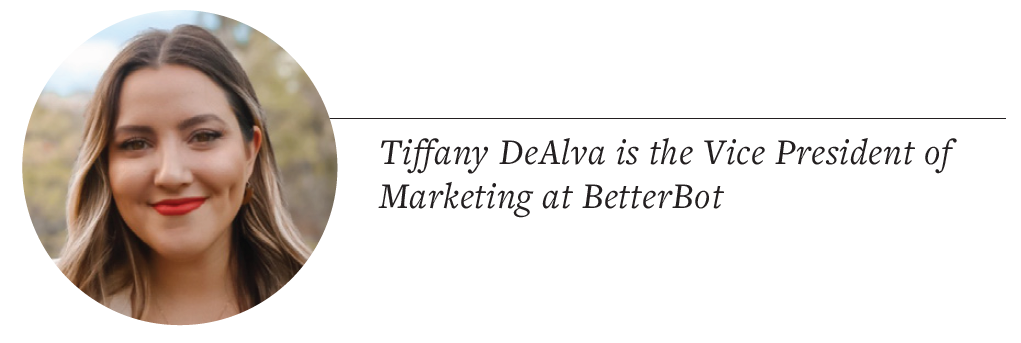6 Misconceptions about AI in Multifamily

With so many services now classifying themselves as AI (Artificial intelligence), it's hard to tell whether or not they're actually based in tech or just using a catchy buzzword to distract us from the wizards behind the curtain. Here are six common misconceptions about A.I. and its potential impact on the multifamily industry:
1. All Automation Uses AI Alone
This couldn't be further from the truth. In fact, there are a variety of different chatbot types
that all use different technologies and levels of AI to engage with people. For example, bots that use a guided conversation model along with AI such as ChatGPT, users are led through a branched series of questions and responses depending on their query. Prospects aren't always sure what questions to ask and taking advantage of a guided conversation model along with AI can help users have a seamless experience.
2. AI Replaces The Need For Human Intervention
AI and AI-adjacent tech like chatbots have gotten a bad rap in the past decade or so, and
all because of the misconception that these technologies are out to replace human workers
and jobs. Thankfully, that's not the case. This tech will always need human professionals to
incorporate the empathy aspect of business.
3. Only Humans Can Give Creative Replies
One of the great things about automation that utilized ChatGPT is that they can be programmed to tackle any question or query, all with a unique voice. Want your bot to be straight to the point? Cool. Want to inject a little more humor and friendliness into your bot? You totally can. However, if you want to get creative with your bot, you can.
4. High Implementation Costs
Some may think that integrating AI into multifamily housing operations is prohibitively expensive. While there are costs associated with implementing AI solutions, the long-term benefits, such as increased efficiency and reduced operational costs, often outweigh the initial investment.
5. Security Concerns
There's a misconception that AI systems in multifamily housing pose significant security risks. When implemented and managed correctly, AI can enhance security measures, such as surveillance systems and access control, contributing to a safer living environment.
6. Limited Applicability
Some may believe that AI is only beneficial for large or high tech multifamily housing complexes with big budgets. However, AI solutions can be scalable and adapted for properties of various sizes, bringing advantages such as predictive maintenance and energy efficiency to a wide range of housing developments.

